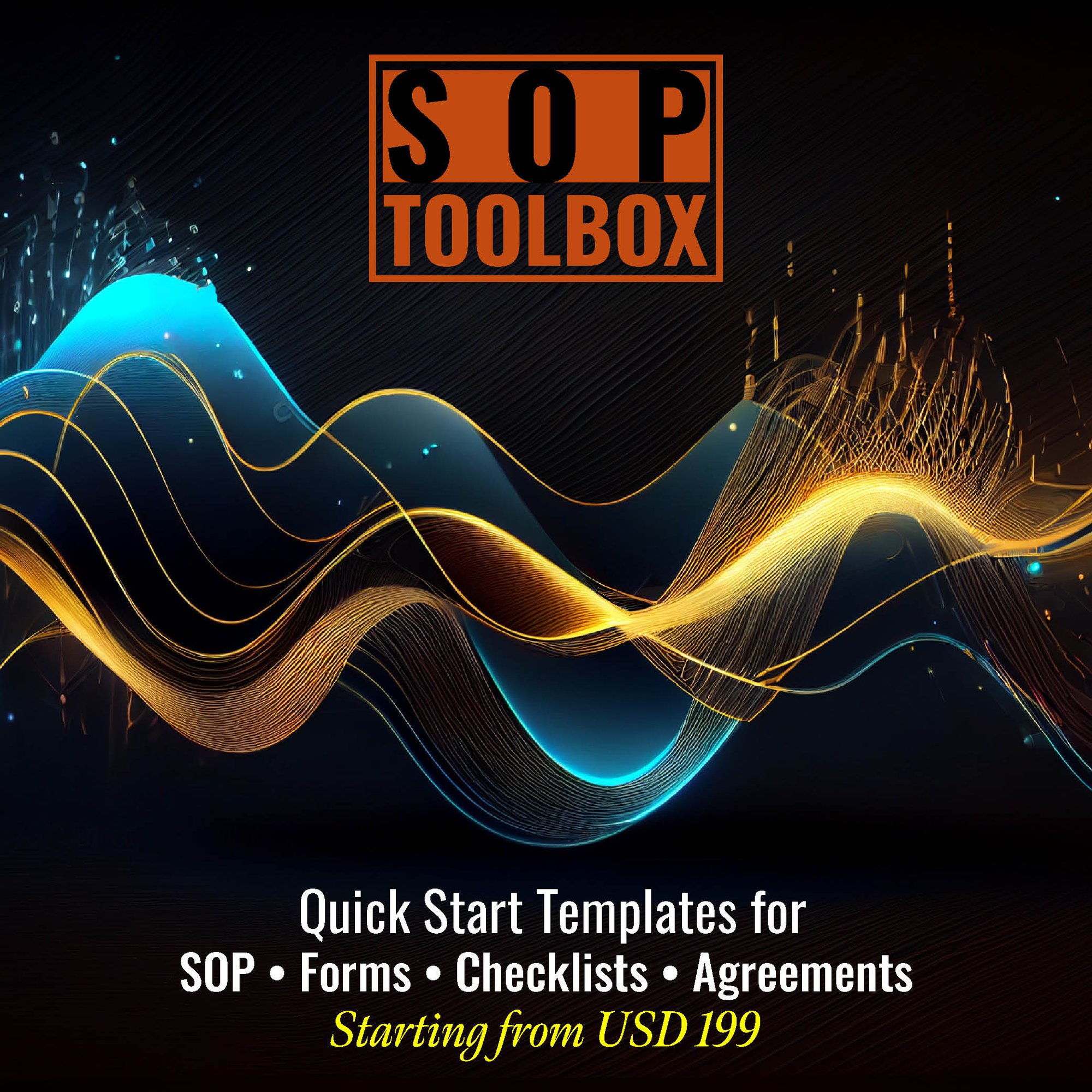Agreements are fundamental in the domain of Roofing Contractors, playing a crucial role in defining the terms, responsibilities, and expectations involved in roofing projects. Contractual agreements with clients outline project scope, timelines, materials, and costs, ensuring clarity and mutual understanding to avoid misunderstandings or disputes during and after the project. These agreements also specify warranty terms, liability, and dispute resolution mechanisms, providing a legal framework for addressing any issues that may arise during or after the completion of the roofing work.Supplier agreements are essential for Roofing Contractors, securing reliable access to quality roofing materials at competitive prices, ensuring timely project completion and customer satisfaction. Subcontractor agreements delineate roles, responsibilities, and payment terms for subcontracted work, maintaining efficiency and quality standards in complex roofing projects involving multiple trades.Safety agreements are paramount, outlining safety protocols, training requirements, and compliance with occupational health and safety regulations to ensure a safe working environment for roofing contractors and their teams. Insurance agreements provide financial protection against unforeseen risks or liabilities during roofing projects, giving clients and contractors peace of mind.Collaboration agreements with architects, engineers, or other construction professionals facilitate seamless coordination and communication, ensuring project success and customer satisfaction. Overall, agreements are essential tools for Roofing Contractors, establishing clear expectations, mitigating risks, ensuring compliance, and fostering productive relationships with clients, suppliers, subcontractors, and industry partners.















Leave a Reply